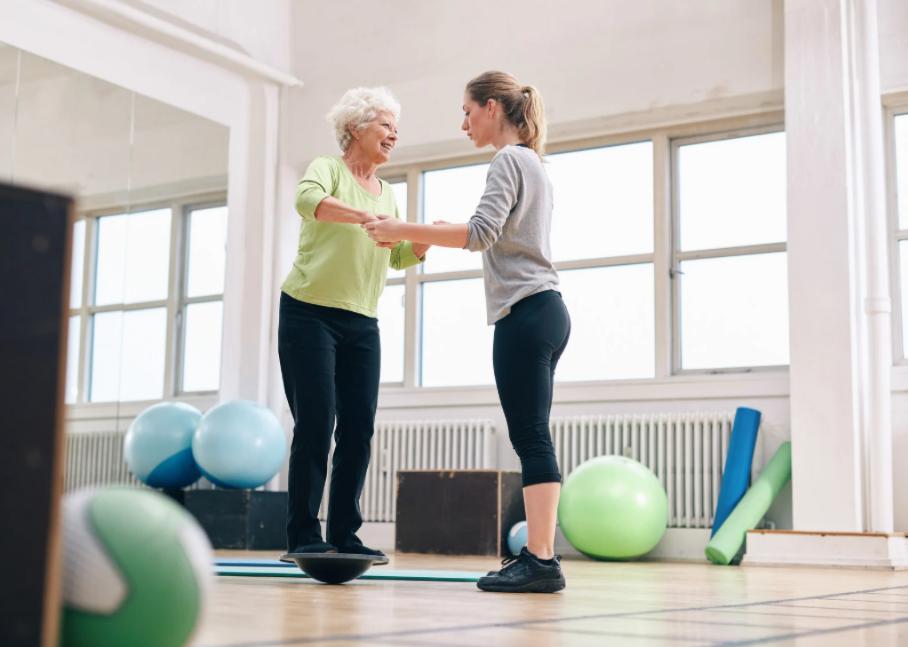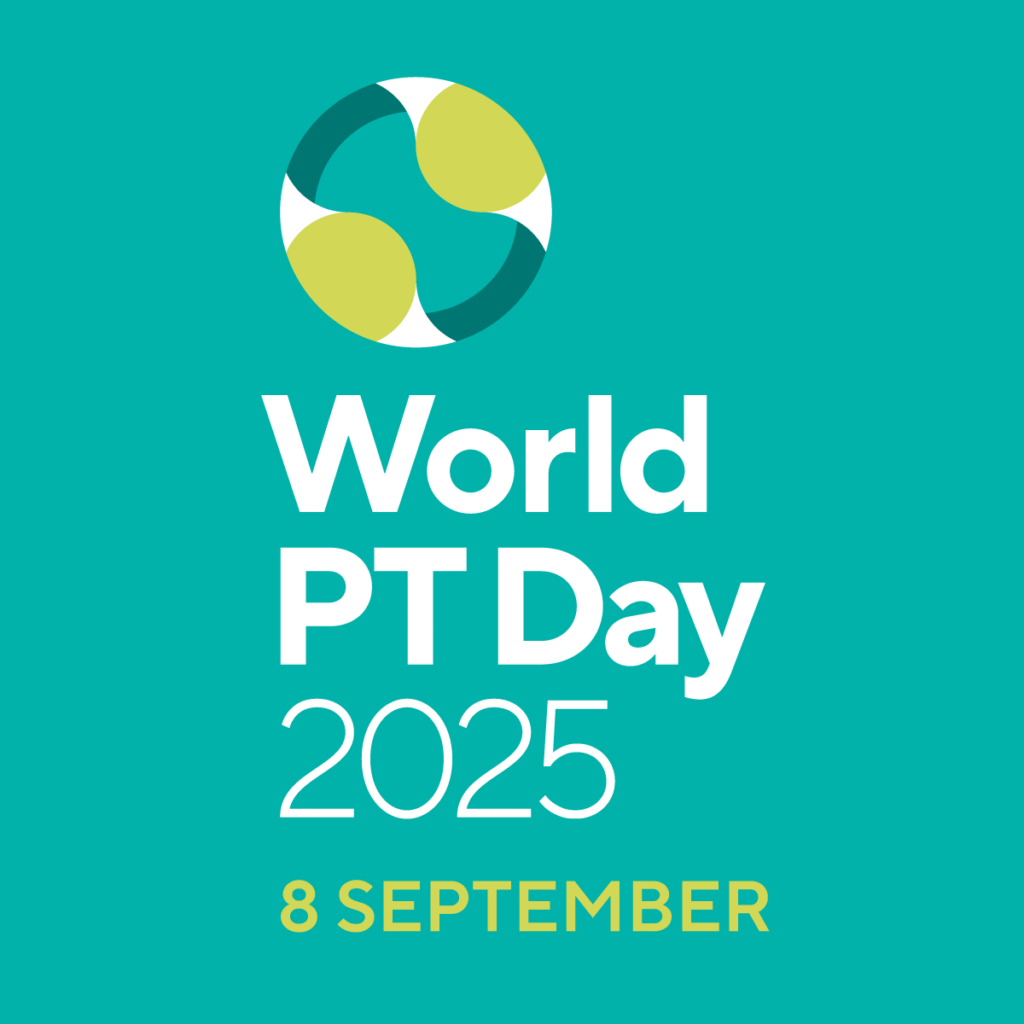Staying Strong and Steady: How Physiotherapy Helps Prevent Frailty and Falls
Why It Matters
As we get older, our bodies naturally slow down. Muscles weaken, balance becomes less steady, and daily activities can feel more challenging. This combination, often called frailty, puts older adults at greater risk of falling—a major health concern in the UK. In fact, around one in three people over 65 and almost half of those over 80 experience a fall each year. Sadly, falls are the leading cause of injury among older adults, costing the NHS billions and often leading to a loss of independence.
But there’s good news: physiotherapy can make a big difference. By focusing on movement, strength, and confidence, physiotherapists help older adults stay active, safe, and independent.
How Physiotherapy Supports Healthy Ageing
Early Screening
In hospitals and community clinics, physiotherapists can spot the early signs of frailty using simple tools. This makes it easier to step in quickly with the right support.
Building Strength
Muscle loss (sarcopenia) is a big part of frailty. Resistance training—exercises that work against weights or bands—helps rebuild strength, protect bones, and improve mobility.
Improving Balance
Exercises that focus on balance and coordination are proven to reduce falls. Programmes like the Otago Exercise Programme or even simple daily balance drills help older adults feel more steady on their feet.
Functional Skills
Practical training, such as backward-chaining (learning how to safely get up from the floor after a fall), gives older adults confidence and reduces risks from long periods spent lying down.
Gentle Movement for Body & Mind
Tai Chi is growing in popularity with older adults. Its slow, flowing movements improve strength, balance, relaxation, and overall well-being.
Tackling Fear of Falling
It’s common for people who’ve fallen before to become anxious about moving around. This fear often leads to avoiding activity, which then increases frailty. Physiotherapists work to rebuild confidence and encourage safe activity instead of withdrawal.
Holistic Programmes
Because falls usually have more than one cause, the best approach is multi-component programmes. These combine exercise, medication checks, home safety changes, and education—often delivered by a team where the physiotherapist plays a key role.
Staying Active for Healthy Ageing
Regular physical activity slows down age-related changes. Without it, older adults lose strength, endurance, and bone density faster. Physiotherapists encourage:
- Daily walking or frequent standing breaks
- Group exercise classes for both fitness and social connection
- Simple home exercise routines
- Short bursts of activity (5–10 minutes) throughout the day
By helping people overcome barriers like pain or lack of confidence, physiotherapists support long-term lifestyle changes.
World Physiotherapy Day: Raising Awareness
Every year on 8 September, the global physiotherapy community celebrates World Physiotherapy Day. The 2025 theme focuses on healthy ageing and preventing frailty and falls. It’s a chance to shine a spotlight on the vital role physiotherapists play in helping older people live active, independent, and fulfilling lives.
Final Thoughts
Healthy ageing is about more than living longer—it’s about living well. Frailty and falls are not inevitable parts of ageing; they can be prevented and managed. Physiotherapists are at the heart of this work, helping older adults build strength, improve balance, and stay confident in their everyday lives.
By encouraging safe, regular movement and supporting people to overcome challenges, physiotherapists give older adults the tools to stay strong, steady, and independent for longer.



Post Comment